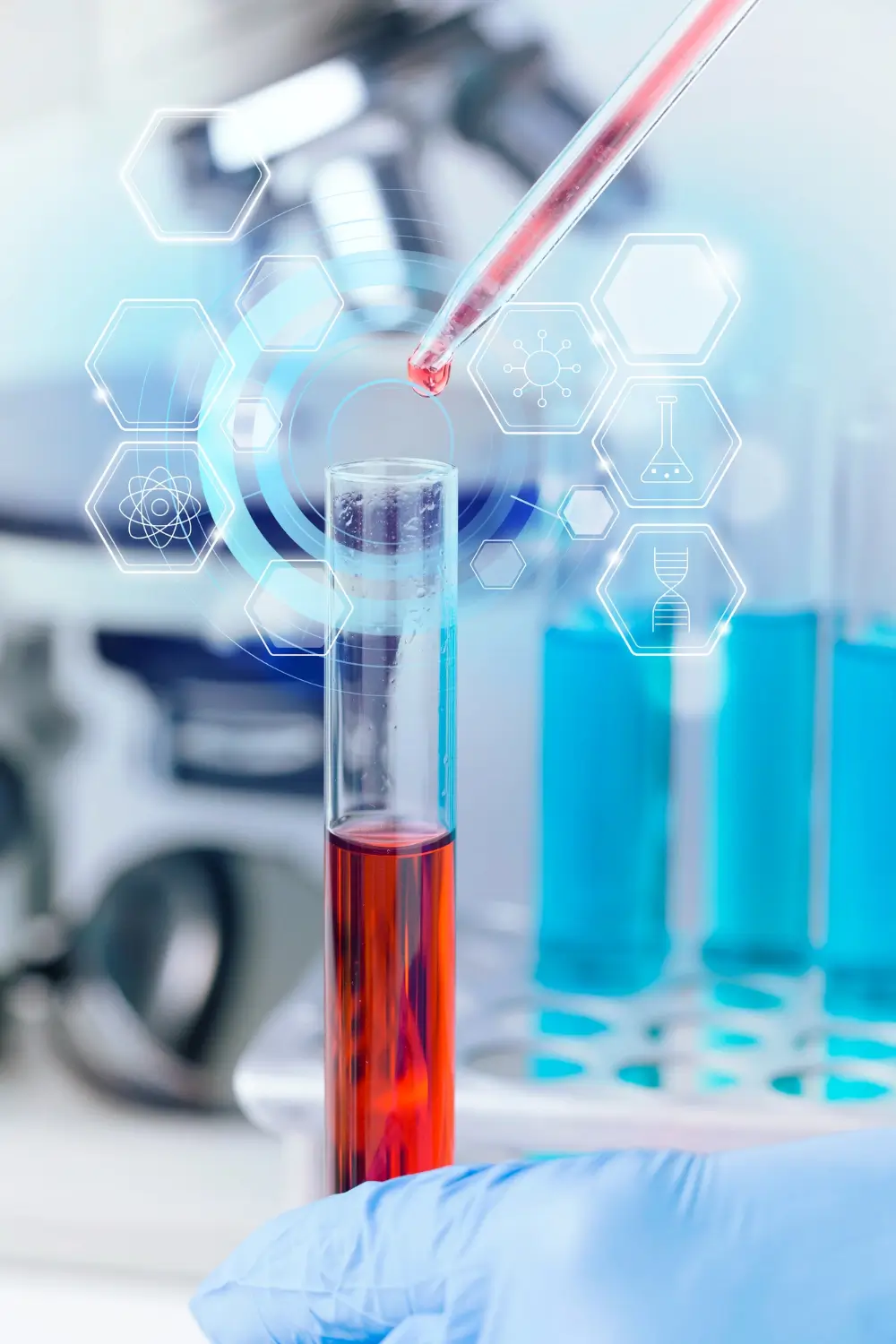Department of Clinical Hematology
Hematology is the branch of medicine dedicated to the study, diagnosis, treatment, and prevention of diseases related to the blood and blood-forming organs. We offer treatment for a wide range of
conditions, including anemia, leukemia, platelet disorders, lymphoma, bleeding disorders, and blood clotting disorders. Our hematologists specialize in providing comprehensive care with their valuable
expertise for patients with these conditions, utilizing world class diagnostic techniques and personalized treatment plans to ensure the best possible outcomes.
Department of Haematology at Sohana Hospital is a leading institution for treating all diseases and disorders related to the blood with a full-fledged outpatient department, 400 bedded Inpatient wards
& ICUs, NABL Accredited Pathology & Laboratory Haematology and a 24x7 available blood bank.

